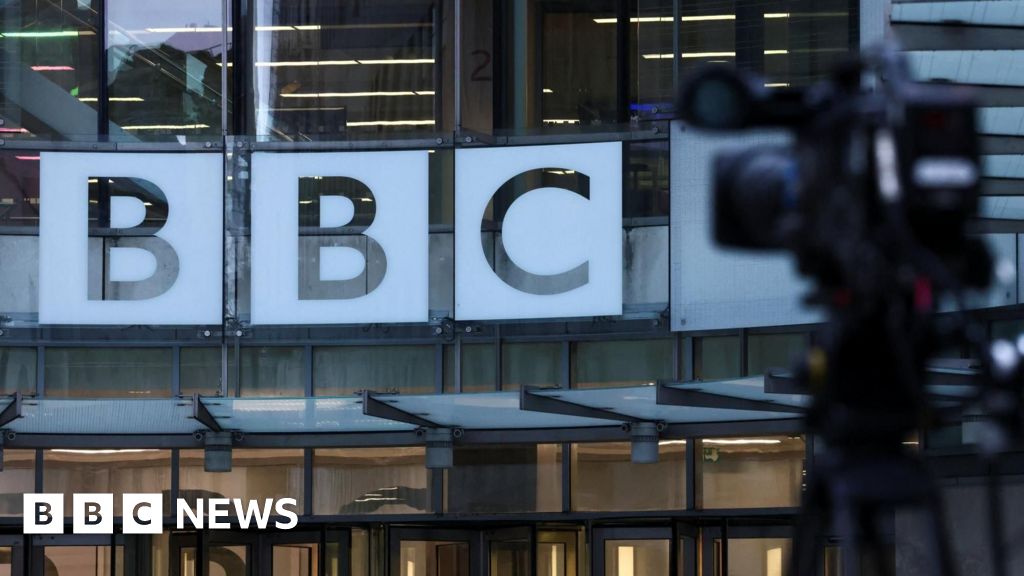I dislike the word “unprecedented,” yet I’ve used it twice in 24 hours.
The first time was after the resignations of Tim Davie and Deborah Turness — an event that might have been overstated as unprecedented, since the BBC has seen senior departures before. In 2004 chairman Gavyn Davies and director general Greg Dyke left following the Hutton report into the death of government scientist Dr David Kelly and flawed reporting on the Iraq “sexed-up dossier.”
But my second use on Monday felt apt. A US president threatening to sue the BBC for $1bn is new territory. We’ve seen US outlets settle when faced with Donald Trump’s lawsuits: Paramount Global paid $16m over a CBS interview dispute, and ABC News paid $15m after a false on-air claim. Now Trump demands a full retraction of the Panorama documentary, an apology for what he calls “false, defamatory, disparaging, misleading and inflammatory statements,” and compensation — warning of damages of “no less than $1,000,000,000” if the BBC doesn’t comply by Friday.
Supporters and critics alike must acknowledge how testing these times are for the corporation.
Events unfolded swiftly over a week. Initial claims about Panorama and alleged systemic bias appeared in the Telegraph. Six days later Davie and Turness resigned. Some see a right-wing, politically orchestrated campaign; others call this accountability for grave failures. Now the BBC faces a potentially costly legal battle with Trump, even as it should be celebrating hits like Celebrity Traitors.
The BBC’s apology for the Panorama edit and its rebuttal of institutional bias came only on Monday. My interview with BBC chair Samir Shah should have happened earlier — ideally with the director-general or Deborah Turness last week as headlines escalated. The apology should have come then; instead the broadcaster is on the back foot.
Navigating this will require robust leadership. Yet two of the leaders most able to steady the ship are stepping away.






